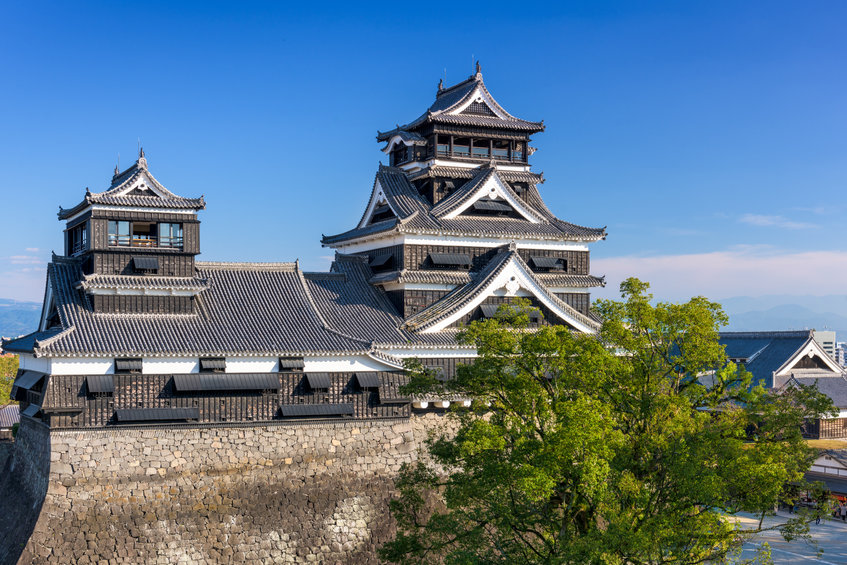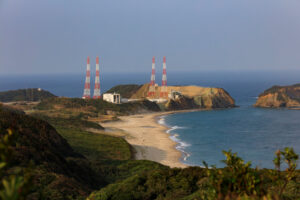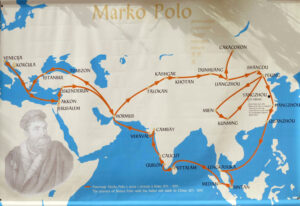When was Japan discovered by the West?

When was Japan discovered by the West?
When was Japan Discovered? Who discovered Japan? The history of Japan as a state goes back nearly 2,000 years, though legend says that it was established by the first emperor in 660 BC. Ancient Chinese history books refer to their diplomatic relationships with Japan as early as the second century. Although Japan was known to neighboring countries early in its history, it was not until the 16th century that Japan was discovered by Europe.
Discovery of Japan by Europeans
The arrival of the first Europeans was purely incidental. In 1543, a Chinese ship with 100 passengers, including three Portuguese, was blown off course by a storm while en route to China. The ship was wrecked and drifted ashore to Tanagashima Island, located off the south of today’s mainland Kagoshima Prefecture. This was when the West discovered Japan.
After this accidental discovery, the Portuguese started to establish traffic between Europe and the port of Nagasaki in an effort to trade with Japan. In 1549, a Jesuit priest, Francis Xavier, came to Japan as the first Christian missionary. Because of the exotic appearance of the Portuguese, the Japanese called them “Nanbanjin,” which means “Barbarians from the South.”
The Portuguese on board the wrecked ship had matchlock guns. They demonstrated how the guns worked, and the lord of the island purchased two of them. The lord ordered that the guns be taken apart and examined. In the coming years, guns started to be produced domestically within Japan.
Both Christianity and matchlock guns were doomed to change the destiny of Japan in the coming centuries.
Matchlock guns were called Tanegashima, named after the island where the Portuguese landed and introduced the weapons. In the 16th century, Japan was in the middle of the civil war era. The introduction of matchlock guns drastically changed the fighting tactics between clans.
Xavier was in Japan for two months and he succeeded in turning over 400 people to Christians during his stay. The spread of Christianity in Japan led to the “seclusion policy” the Tokugawa Shogunate Government took isolating the country from the rest of the globe to ban Christianity for nearly 300 years.
While Tanegashima is known as the island of the introduction of first firearms to Japan, today the island is also known as the home to the Japan’s main space development center where rockets are launched into the space.

Tanegashima Island today
Introduction of Japan to Europe by Marco Polo
When did Europe first learn about the existence of Japan?Marco Polo referred to Japan in his book, “Travels of Marco Polo,” circa 1300, which was over 200 years before the arrival of the Portuguese on the island of Tanegashima. Marco Polo did not travel to Japan; instead, he traveled to some areas in China and heard about Japan from Chinese people. In fact, Marco Polo was the one who brought the name of Japan to Europe. Because of Marco Polo, before the Portuguese discovered Japan, some European people had already heard of Japan, although to them Japan was still a mysterious “treasure island” that existed somewhere in Asia.











